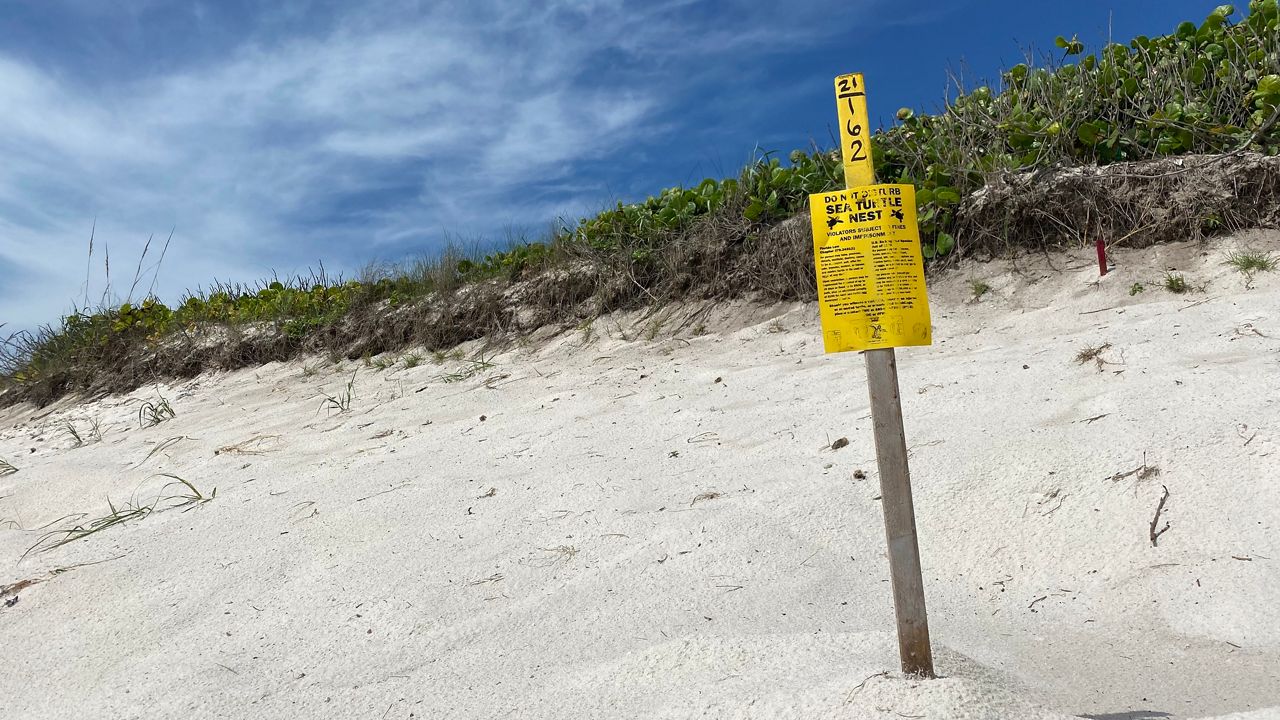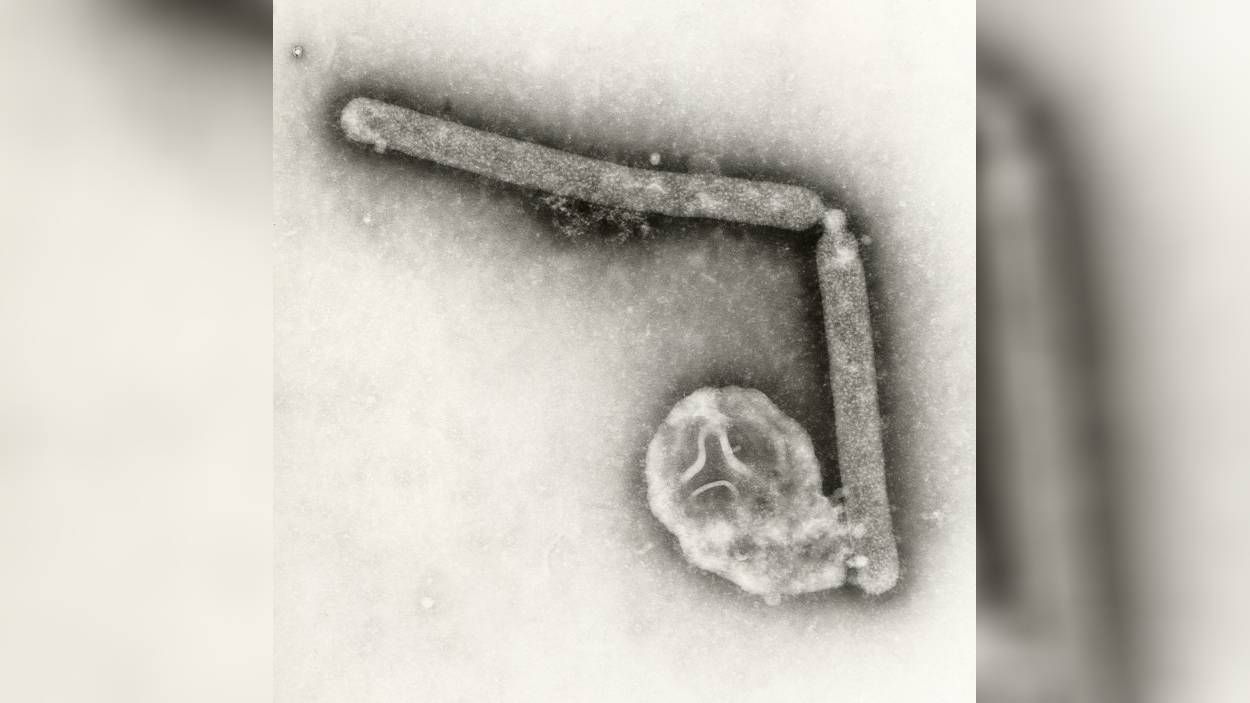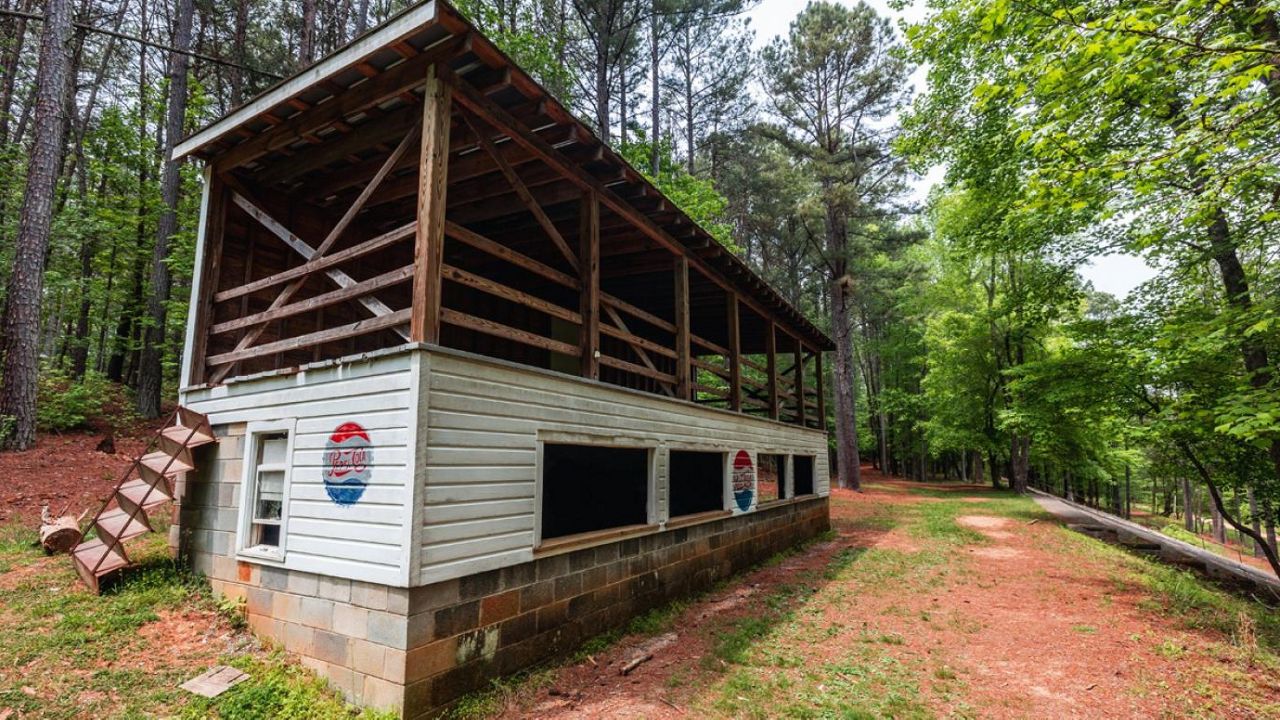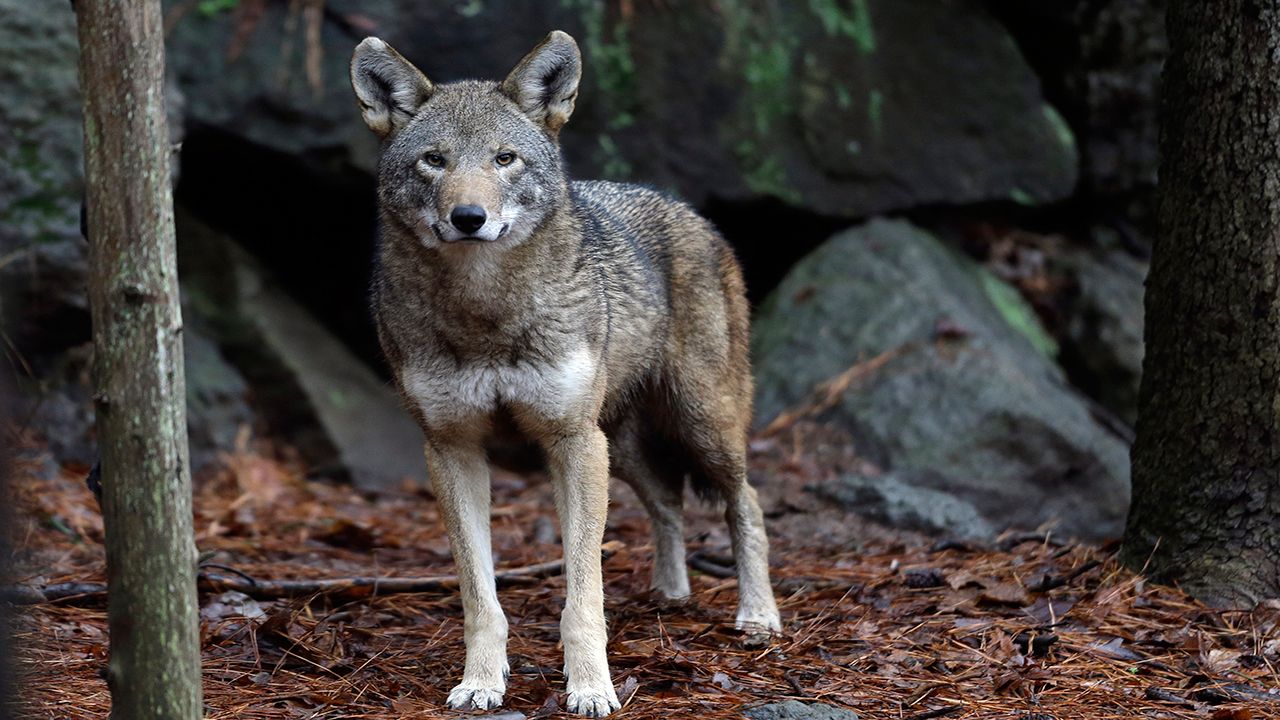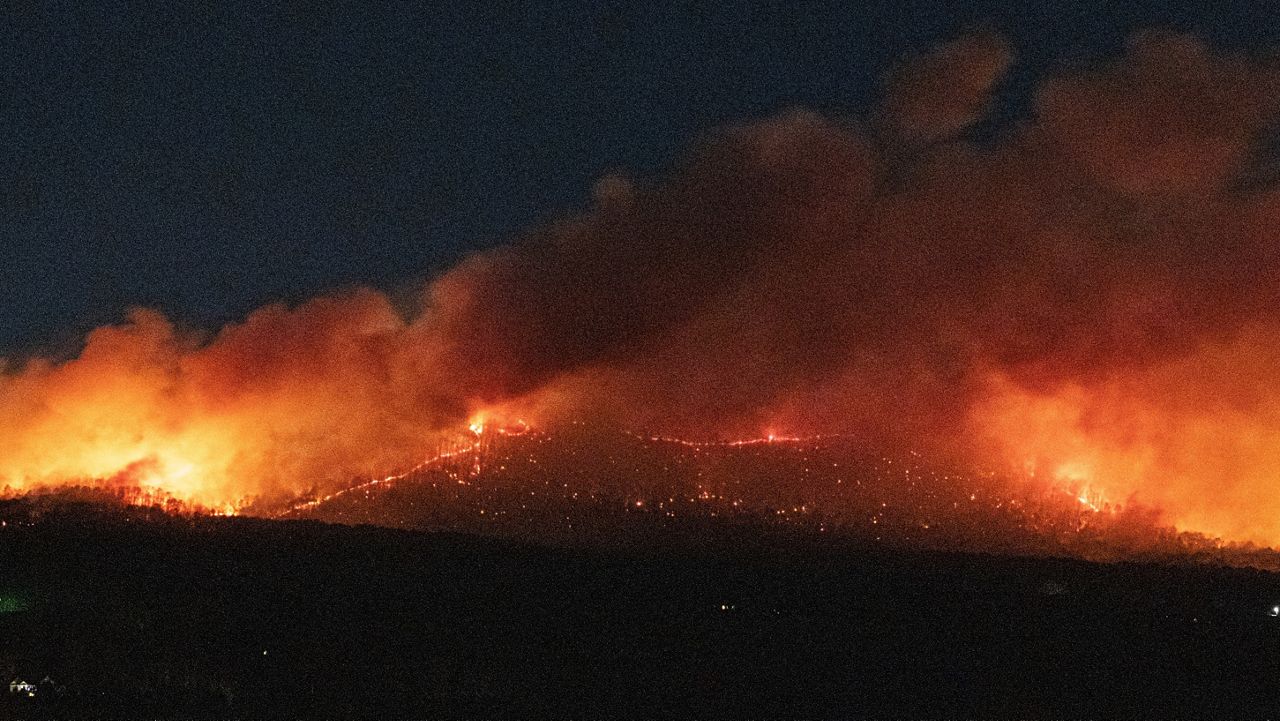CAPE HATTERAS, N.C. — A green sea turtle nest found in December on the North Carolina coast is the latest-laid sea turtle nest ever found in the state, scientists say.
What You Need To Know
- Officials say a nest this late in the year is a rare occurrence
- The nest was laid by a green sea turtle, and is considered to be the latest-laid in N.C. history, according to biologists
- North Carolina had over 1,500 laid nests this year, according to NCWRC
On the morning of Dec. 3, park biologists on the Cape Hatteras shore said on Facebook that they had found a green sea turtle nest.
“This is a rare occurrence as it's the latest laid sea turtle nest found at Cape Hatteras National Seashore. Not only that, but it's also the latest nest ever recorded for the state of North Carolina!” the post read.
Scientists say the previous record for late-nesting on the Cape Hatteras shore and for the state was on Halloween 2020.
According to biologists, based on the crawl patterns, the turtle was erratic prior to laying her eggs. Biologists could also identify the species based on the turtle's flipper marks.
The five kinds of sea turtles that are found regularly in North Carolina are Kemp’s ridely, green, hawksbill, leatherback and loggerhead, according to North Carolina Wildlife Resources Commission (NCWRC).
Green sea turtles are the largest hard-shelled sea turtles, with adults weighing up to 400 pounds, according to NOAA Fisheries.
The Sea Turtle Nest Monitoring System says there were well over 1,500 sea turtle nests laid on our coast this year.
The largest amount of green sea turtles were reported on Cape Hatteras, and they had the second highest amount of nests, with 100 recorded across the state. Loggerhead sea turtles had the most recorded nests, according to the website, with 1,613 reported.
Peak nesting season for sea turtles is between May and August, which leads some to be worried about the safety of the eggs.
“Unfortunately, we typically don't have much success with these late nests due to colder winter temperatures,” Cape Hatteras National Seashore said in a reply to a concerned commenter.
The group's official Facebook account has not announced whether they will intervene with the nest.





